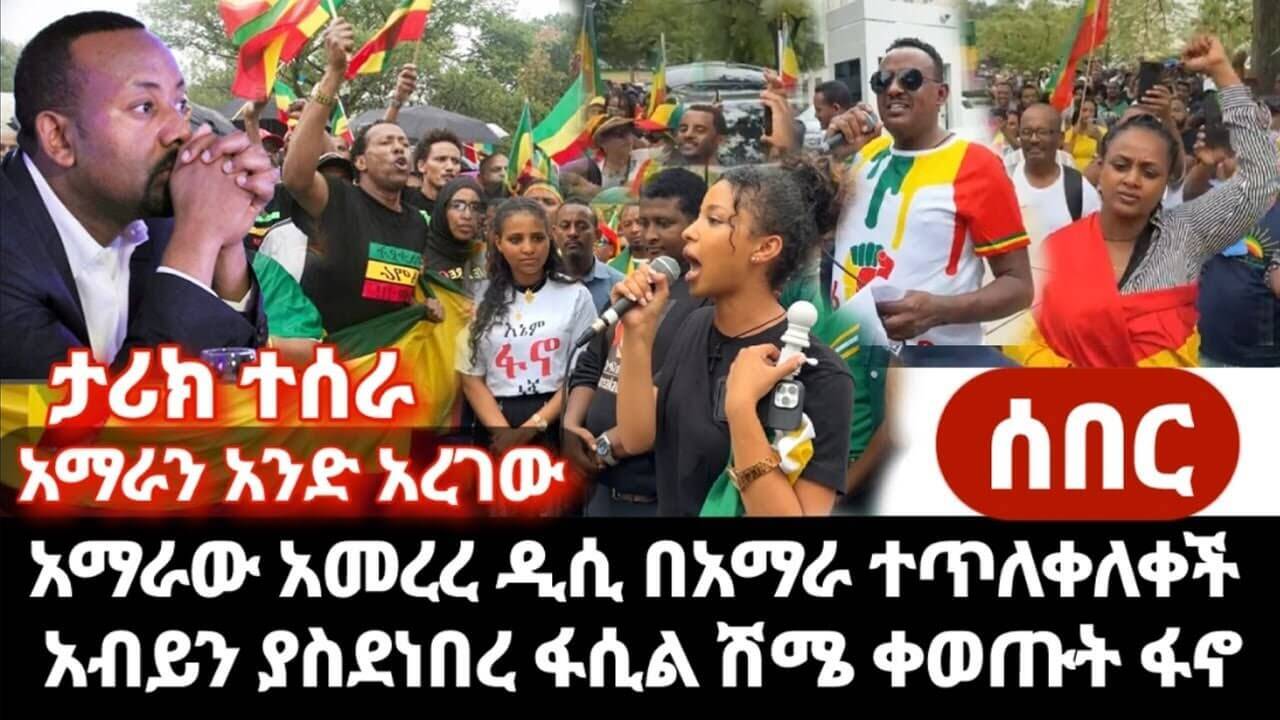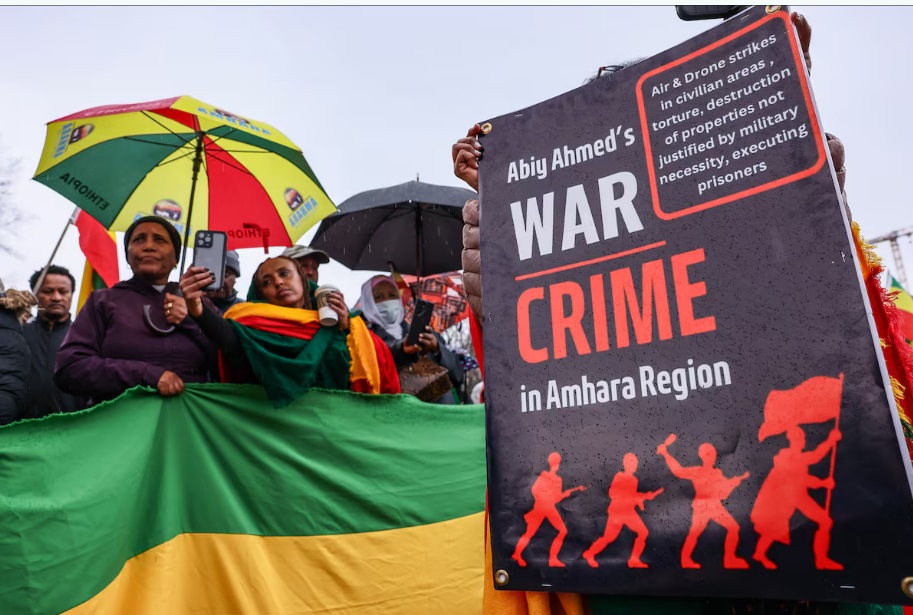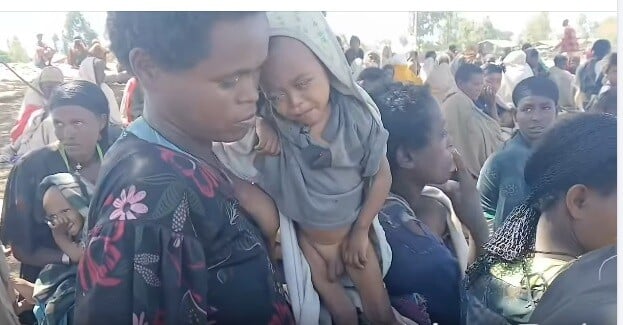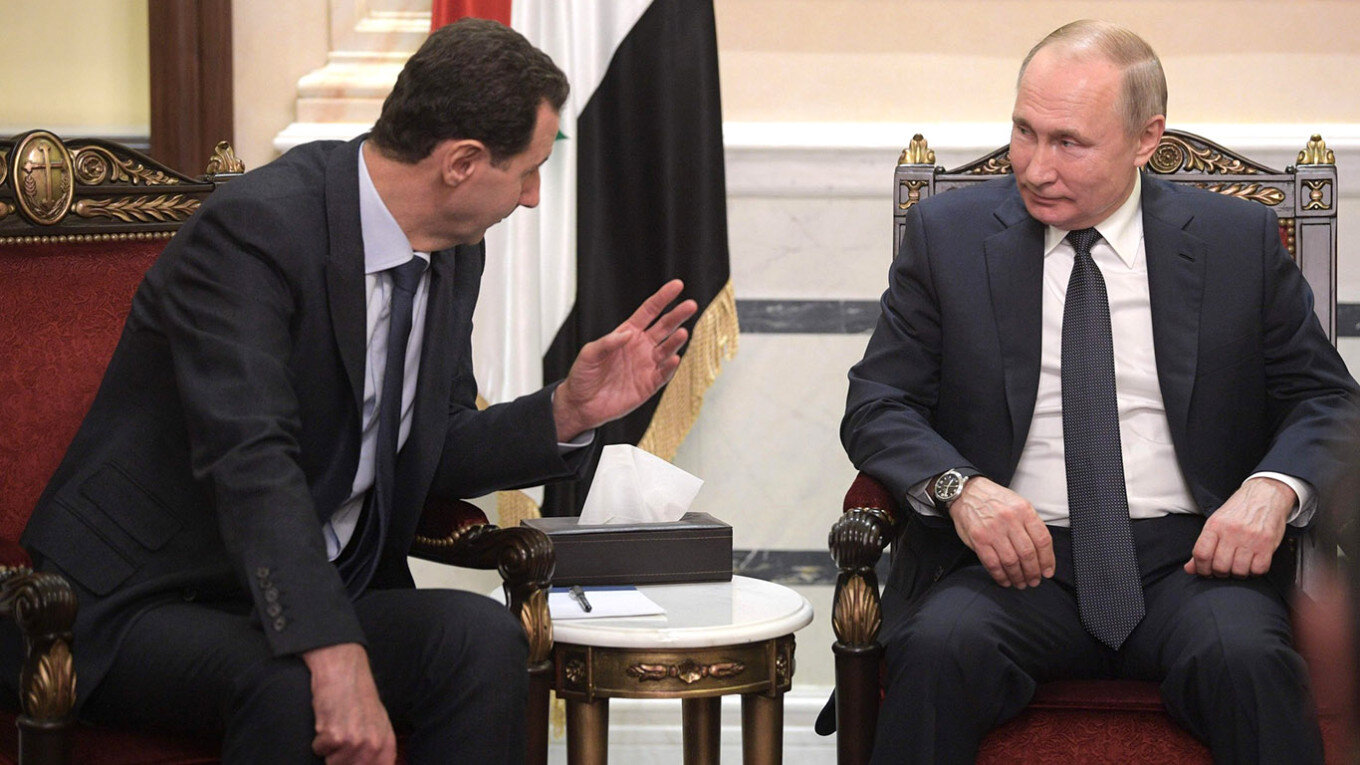
Tensions between local militiamen and federal forces sparked Ethiopia’s most serious security crisis since the two-year civil war in Tigray.
Fierce fighting broke out last week in Ethiopia’s northern Amhara region, just nine months after the end of a devastating two-year war in the neighbouring Tigray region.
Tensions have been rising since April, when the federal government announced it was dismantling regional forces across Ethiopia, triggering protests by Amhara nationalists who said the move would weaken their region.
After days of fighting between the army and militia fighters, the Ethiopian government said on Wednesday that major cities in the Amhara region had been “freed” from local militiamen.
There have been no official casualty figures from the unrest, but hospital doctors reported many civilians having been killed or injured.
Prime Minister Abiy Ahmed’s government last week declared a six-month state of emergency in Amhara and announced curfews in six cities.
As the unrest continues, here is what you need to know:
Who all are fighting?
- The fierce fighting has seen the federal forces – known as Ethiopian National Defence Force (ENDF) – battle the local Fano militiamen.
- Fano is an informal militia with no publicly-known command structure that draws volunteers from the local population.
- While Fano is not nearly as well-equipped or organised, analysts have said it could still be a serious threat to the government if its struggle gets widespread support.
Why are they fighting?
- Fano was an ally of the ENDF during the Tigray war. Their relationship later deteriorated, partly over recent efforts by federal authorities to weaken regional paramilitary groups.
- Despite the crucial backing to federal forces that Fano fighters and regional security forces provided during the conflict, Amhara people from outside Abiy’s political party were not included in negotiations that resulted in the Tigray peace deal in November 2022.
- According to the deal, the status of land claimed by Amhara and Tigray, which Amhara forces captured during the war, should be resolved “in accordance with the constitution”.
- Subsequent events, including arrests of Amhara activists and militiamen, raised tensions.
- Then in April, Abiy ordered that regional security forces be integrated into the police or federal military, prompting a week of violent demonstrations. Protesters saw the move as aimed at undermining Amhara’s security, a charge the government denied.
What is at stake for Ethiopia?
- The conflict has quickly become Ethiopia’s most serious security crisis since the two-year civil war in Tigray.
- Amhara is Ethiopia’s second most populous region, with more than three times as many people as Tigray, and parts of Amhara lie just about 50km (30 miles) from Addis Ababa, the capital.
- As clashes rage across cities, there are increasing concerns about how the conflict will play out under Abiy’s government.
- “The Fano, with the support of farmers and [the] Amhara public, will attempt to defeat the federal security forces and their alliance and ultimately remove Abiy from power,” said Tewodrose Tirfe, chairman of the Amhara Association of America, a lobby group that supports the Fano cause.
- Amhara residents accuse the federal government of trying to undermine their region. Authorities reject the accusation but see the regional fighters as a threat to constitutional order.
- The new state of emergency in the Amhara region, which must be approved by parliament, bans gatherings and gives authorities powers to detain suspects without a court order, impose curfews and conduct searches. The federal government’s communication service said several arrests had been made.
- According to the emergency decree, anyone found violating its provisions could face “imprisonment of between three to ten years”.
What is at stake for the rest of the world?
- As one of Africa’s largest economies and second most populous country, Ethiopia carries huge weight in the continent’s geopolitics.
- Its problems, whether wars or droughts, tend to have consequences beyond its borders in the volatile Horn of Africa region. It has also been a major security partner for Western countries in the region.
- The two-year war in Tigray forced tens of thousands to flee into eastern Sudan. International organisations, including United Nations agencies, have called for guarantees to enable aid to be delivered and avoid a major humanitarian crisis.
- The United States has expressed concern about the new conflict and several Western nations advised their citizens against travelling to Amhara.

















